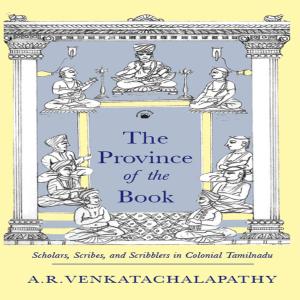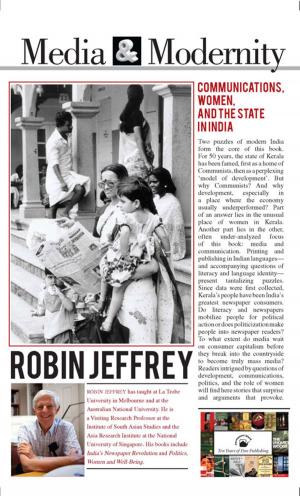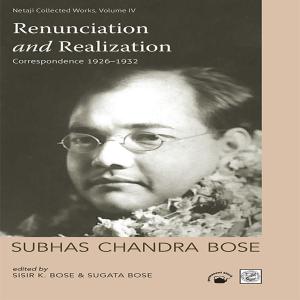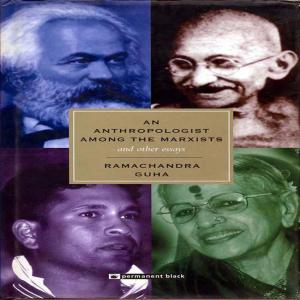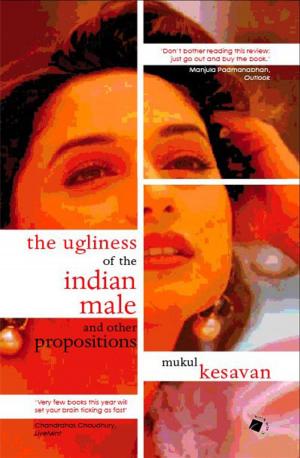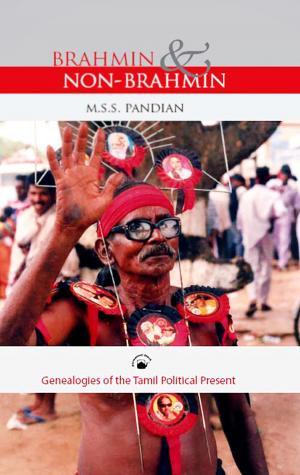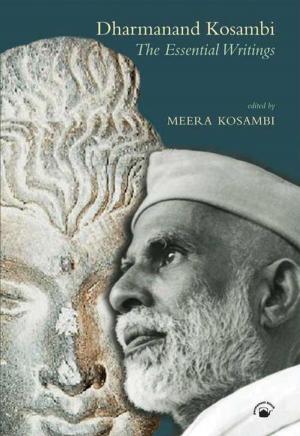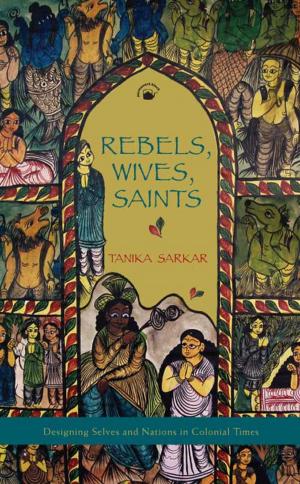The Languages of Political Islam in India c.12001800
Nonfiction, Social & Cultural Studies, Social Science, Fiction & Literature| Author: | Muzaffar Alam | ISBN: | 9788178244174 |
| Publisher: | Permanent Black | Publication: | March 1, 2013 |
| Imprint: | Language: | English |
| Author: | Muzaffar Alam |
| ISBN: | 9788178244174 |
| Publisher: | Permanent Black |
| Publication: | March 1, 2013 |
| Imprint: | |
| Language: | English |
This book shows the ways in which political Islam, from its establishment in medieval north India, adapted itself to a variety of Indian contexts and became deeply Indianized. This process, by which pre-existent Arabo-Persian traditions were moulded to new Indian contexts, involved changes in the manner in which Islamic rule was conceived and conducted in the subcontinent. It became gradually apparent to the conquering Muslim sultans (and later to their successors, the Mughals), as well as to medieval thinkers and writers of treatises on Islamic morality, theology and political doctrine, that the conduct of Islamic statecraft in a country comprising mostly Hindus entailed shifts in Islams conceptual and institutional vocabulary. Islamic rulers could not command a vast country without accepting certain cultural limitations to the exercise of their power. In this process of acculturation, political Islam in India was forced to reinvent itself as a doctrine of rule. From this stemmed a second change: a shift in the meanings of key Islamic terms, especially those pertaining to statehood, and relations between rulers and subject populations. Through a close reading of a variety of texts—ranging from normative treatises and Sufi biographies to Persian court poetry—Muzaffar Alam shows that the vocabularies in use went through certain changes so fundamental that the language of Indian Islam became quite different from what was in vogue in contexts outside. With its profound deployment of primary and secondary sources to study Indo-Muslim statecraft vis-à-vis Islamic theocratic languages over an eight-hundred-year stretch, this book provides major insights into the changing nature of political Islam in India. It will interest scholars of the Islamic world, as well as all serious readers of Indian history and comparative politics.
This book shows the ways in which political Islam, from its establishment in medieval north India, adapted itself to a variety of Indian contexts and became deeply Indianized. This process, by which pre-existent Arabo-Persian traditions were moulded to new Indian contexts, involved changes in the manner in which Islamic rule was conceived and conducted in the subcontinent. It became gradually apparent to the conquering Muslim sultans (and later to their successors, the Mughals), as well as to medieval thinkers and writers of treatises on Islamic morality, theology and political doctrine, that the conduct of Islamic statecraft in a country comprising mostly Hindus entailed shifts in Islams conceptual and institutional vocabulary. Islamic rulers could not command a vast country without accepting certain cultural limitations to the exercise of their power. In this process of acculturation, political Islam in India was forced to reinvent itself as a doctrine of rule. From this stemmed a second change: a shift in the meanings of key Islamic terms, especially those pertaining to statehood, and relations between rulers and subject populations. Through a close reading of a variety of texts—ranging from normative treatises and Sufi biographies to Persian court poetry—Muzaffar Alam shows that the vocabularies in use went through certain changes so fundamental that the language of Indian Islam became quite different from what was in vogue in contexts outside. With its profound deployment of primary and secondary sources to study Indo-Muslim statecraft vis-à-vis Islamic theocratic languages over an eight-hundred-year stretch, this book provides major insights into the changing nature of political Islam in India. It will interest scholars of the Islamic world, as well as all serious readers of Indian history and comparative politics.


